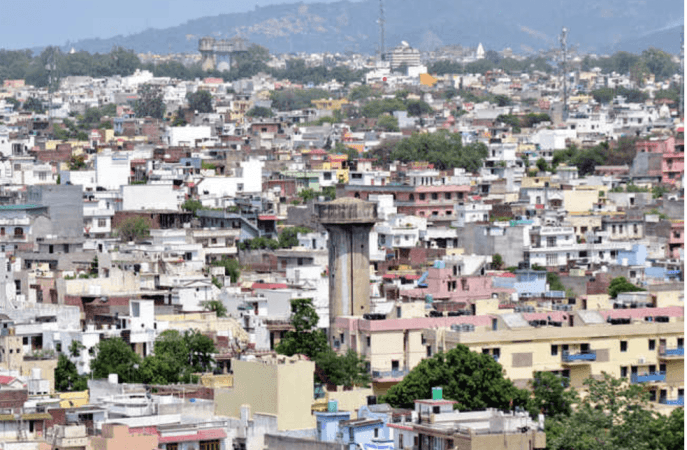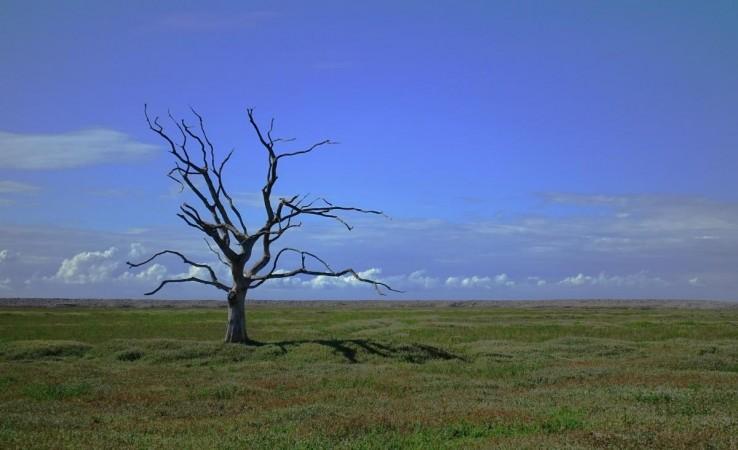Worried about the unexpected temperature in the month of March, environmentalists have cautioned that such a trend of increasing temperature would badly disturb the cropping system in the Union Territory of Jammu and Kashmir.
Experts warned that it is high time to take effective steps to minimize carbon footprints to maintain the ecological balance.
On Sunday Jammu city, the winter capital of Jammu and Kashmir recorded 37.3 degree Celsius temperature, which was an all-time high during the last 77 years. Earlier it was March 31, 1945, when Jammu had recorded 37.2 degree Celsius temperature.

"At 37.3°C, Jammu broke the all-time maximum temperature record of 37.2°C recorded earlier on 31.3.1945—( 76 years, 11 months and 27 days ago)," a meteorological department official informed.
Increasing temperature is the biggest threat
"It is a matter of concert as the temperature is increasing in the areas which usually witness pleasant weather in the month of March," Dr. Vivak M. Arya, a scientist working in the field of climate change and natural resource management at Agriculture University, Jammu told International Bussiness Times.
"During the last some years we have been witnessing occurrence of extreme weather events in all part of the world and Jammu and Kashmir is not an isolated case", he said, adding, "Events of the heatwave are going to increase in the coming years in Himalayan regions including J&K".

Dr. Arya warned that Himalayan regions are at a greater risk. "Average temperature in every part of J&K is increasing", he said and pointed out that in 2021, even cold-desert Kargil recorded all-time high temperature.
He mentioned a study published in the journal Climatic Change in which it was predicted the impact of future climate change in the Jammu, Kashmir, and Ladakh Himalaya, by the end of the twenty-first century using an ensemble of 11 models under three greenhouse gas emission scenarios.
J&K witnessing an upward trend in night temperature
Night temperatures continued to increase in Jammu and Kashmir as even hilly places like Gulmarg and Pahalgam recorded 5-degree Celsius above normal temperature.
The temperature was 3.3°C above normal for Srinagar during this time of the year. Pahalgam, the famous resort in South Kashmir, recorded a low of 6.2°C against 1.3°C the previous night but the temperature was 4.6°C above normal for the place.
Gulmarg recorded a low of 4.6°C against 3.0°C on the previous night but the temperature was 5.4°C above normal.
Jammu sets new all-time highest March temperature record
— Kashmir Weather (@Kashmir_Weather) March 27, 2022
Jammu City on Sunday recorded a maximum temperature of 37.3 degrees Celsius, which is 8.4 degrees above normal.
The previous all-time highest March temperature record was 37.2 degrees Celsius, recorded on 31 March 1945.

















